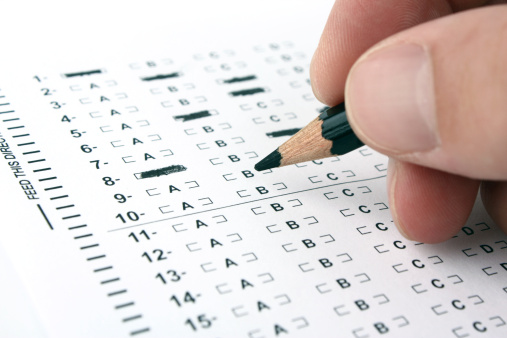The San Francisco Board of Education voted unanimously to give diplomas to 107 high school students who have not met all their graduation requirements -- a move that goes against state law.
The vote follows a decision from the California Department of Education, which canceled the July administration of the high school exit exam. In a statement released Thursday, department officials said they are working with lawmakers to "pass legislation that would suspend the exit exam requirement for three years because the exam does not reflect the new state academic standards."
"Unfortunately, I think it was ended a little too early," Assemblyman David Chiu, D-San Francisco, told KQED Friday.
The California High School Exit Examination (CAHSEE) is offered to students beginning sophomore year. There are several opportunities to take it, but some students struggle to pass and have to retake it. On Tuesday, faculty and students from San Francisco International High School showed up to the city's school board meeting, pleading for help.
"We need another opportunity to take the CAHSEE or we need a diploma," said Principal Julie Kessler.
